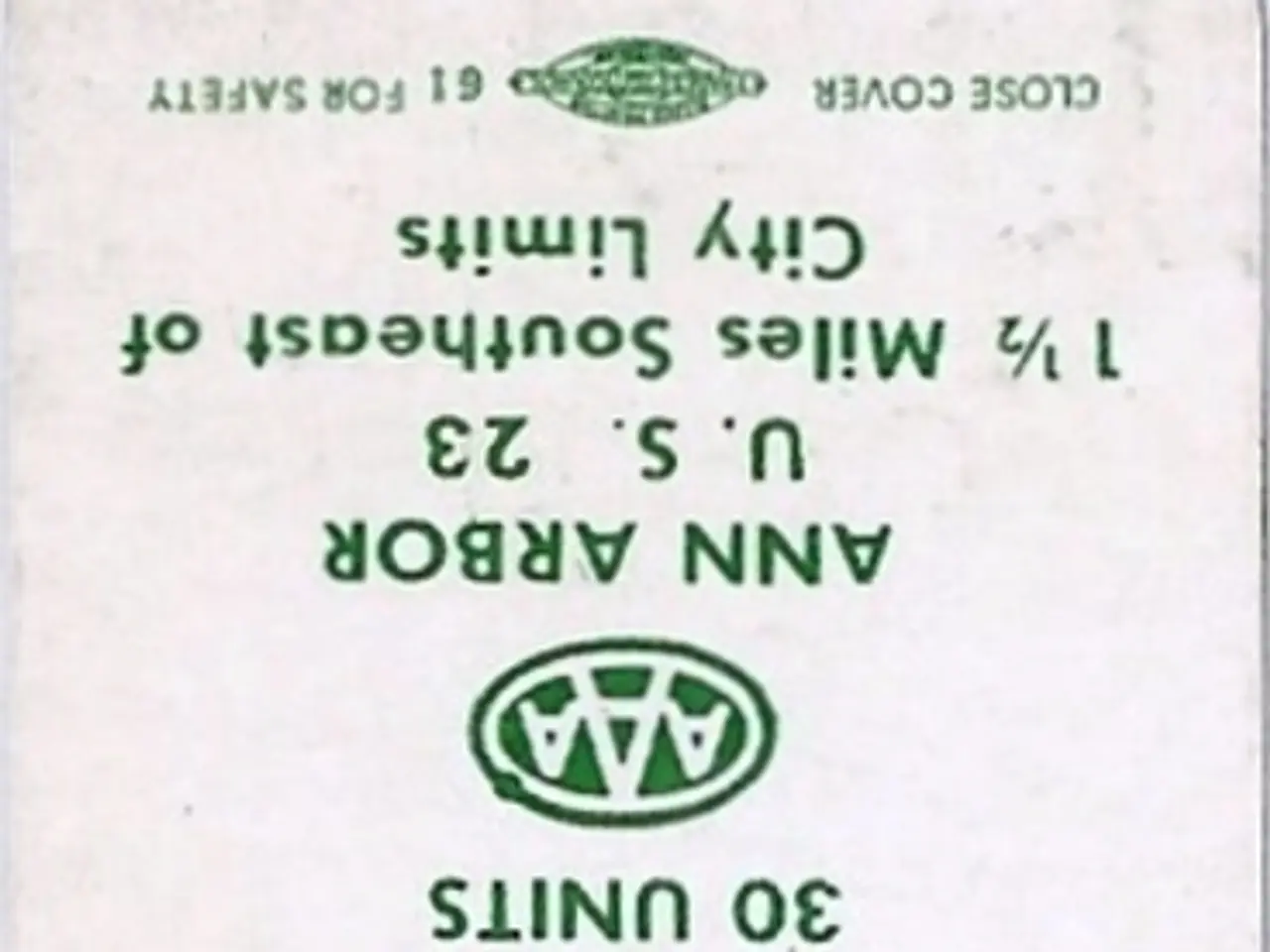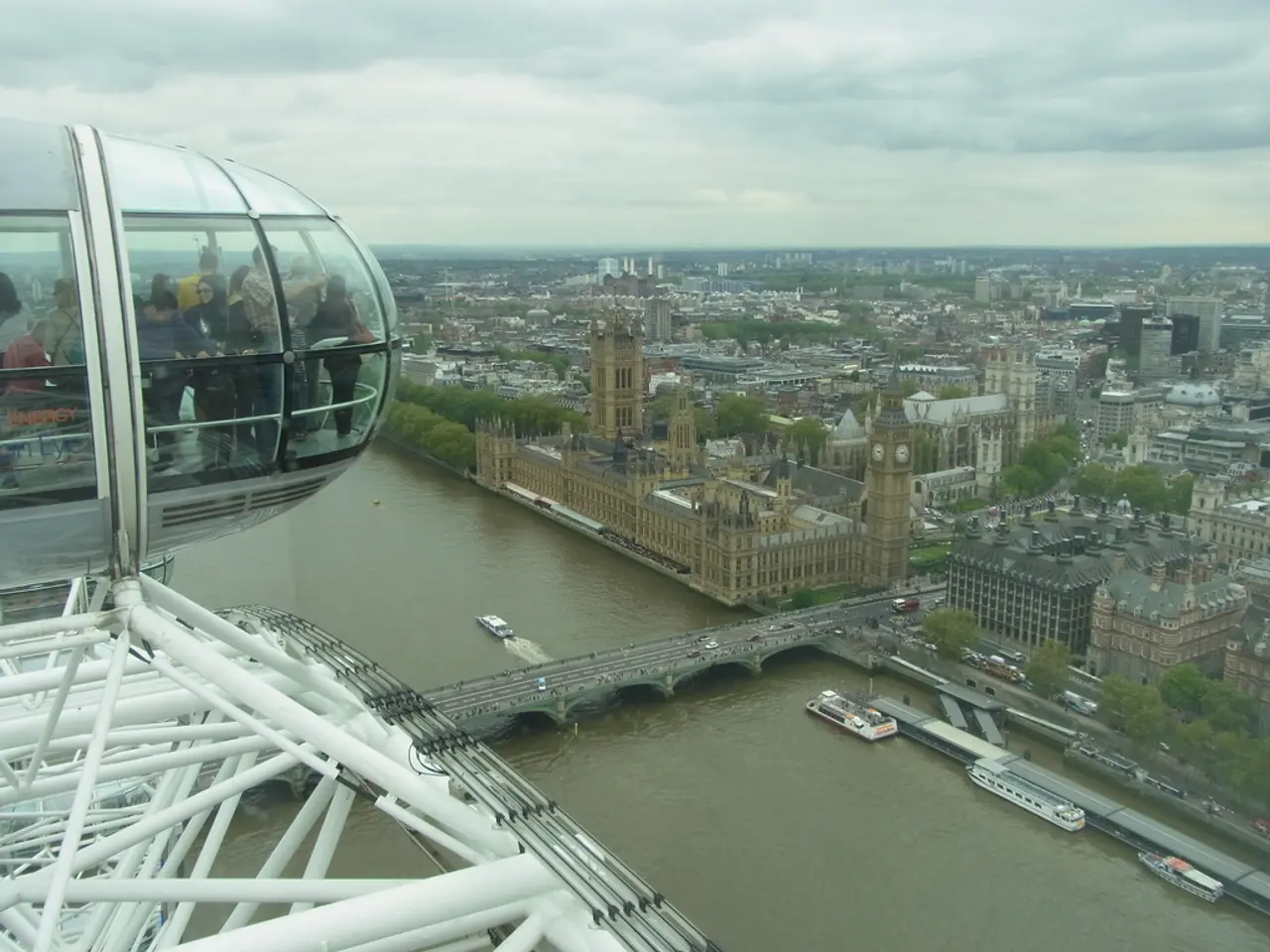Federal Court Maintains Injunction Against Un selective Enforcement by Immigration Agents in California
In a significant victory for civil liberties, a federal appeals court has upheld a restraining order that blocks federal immigration agents from conducting indiscriminate raids in Los Angeles and parts of Southern California. The ruling, handed down by the 9th Circuit Court of Appeals, effectively limits the ability of ICE and Customs and Border Protection agents to carry out warrantless, suspicionless arrests or stops targeted at broad profiles.
The decision comes after a lower court ruling that such immigration stops cannot be based solely on factors like race, ethnicity, language, or place of work, as these do not constitute reasonable suspicion and amount to racial profiling. This ruling prohibits detaining individuals solely on generalized factors and requires specific reasonable suspicion that a person is undocumented before any stop or arrest.
The case in question, which has been widely publicised, involves Jason Gavidia, a US citizen born and raised in East Los Angeles. Gavidia was arrested by immigration agents outside a tow yard in Montebello on June 12. According to reports, agents took his ID and phone and kept his phone for 20 minutes without returning his ID. Agents also asked Gavidia what hospital he was born in, and he responded he did not know, but said he was born in "East LA." Despite his response, the agents repeatedly asked if he was American and ignored his response.
The detentions, which have been a focus of President Donald Trump's aggressive immigration crackdown in Los Angeles and surrounding suburbs, have been met with criticism and legal action. California residents and advocacy groups filed a lawsuit against the Department of Homeland Security over the detentions, with the ACLU looking forward to holding the federal government accountable for the alleged authoritarian actions in Southern California.
Attorney Mohammad Tajsar of the ACLU Foundation of Southern California stated that the ruling confirmed the administration's actions violated the Constitution and caused harm across the region. The government's defense team argued that certain types of businesses, including car washes, were targeted because they are likely to employ persons without legal documentation. However, the court's decision supports and enforces earlier temporary restraining orders that barred these types of unconstitutional immigration enforcement methods and require authorities to provide detainees greater access to legal counsel.
The ruling has significant implications for ongoing federal immigration enforcement operations in California’s urban areas, reaffirming protections against racial profiling and unconstitutional stops under the 4th Amendment. Immigration agents have carried out raids at car washes, bus stops, stores, and farms, with the detentions made based upon race, language, or place of work, according to Judge Frimpus. The order halts "roving patrols" in Los Angeles that immigration rights groups have described as illegally using racial profiling.
This story is published from a syndicated feed and has not been edited by the website staff. The federal government has criticised the ruling as an overreach into federal authority, but the decision has been met with support by local governments including the City and County of Los Angeles and advocacy groups. The US appeals court upheld an order blocking immigration agents from carrying out patrols in California, marking a significant step forward in the protection of civil liberties and the enforcement of constitutional rights.
- The ruling by the 9th Circuit Court of Appeals, a significant step forward in the protection of civil liberties, has implications not just for ongoing war-and-conflicts against illegal immigration, but also for policy-and-legislation and politics surrounding immigration, as it reinforces the enforcement of constitutional rights and protections against racial profiling.
- In the backdrop of crime-and-justice and general-news, the federal government's aggressive immigration crackdown in Southern California, which has been met with criticism and legal action, received a blow with the US appeals court's decision that upheld an order blocking immigration agents from carrying out patrols, thus enforcing constitutional rights and restraining the powers of ICE and Customs and Border Protection agents.






